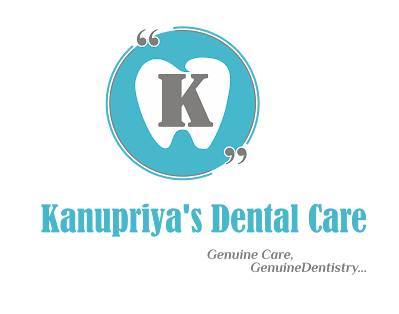When was the last time you visited the dentist for a routine cleaning? If it’s been more than six months—or if you can’t even remember—it might be time to prioritize your oral health. Skipping dental cleanings may seem harmless in the short term, but over time, it can lead to serious consequences for your teeth and gums.
In this post, we’ll explore why dental cleanings (also known as prophylaxis) are essential, what really happens during the procedure, and how skipping them can impact your overall health.
What Is a Dental Prophylaxis?
A dental prophylaxis is a professional teeth cleaning procedure performed by a dental hygienist or dentist. The word “prophylaxis” means “to prevent disease,” and that’s exactly the goal of this routine service.
While brushing and flossing at home are crucial, they can’t remove all plaque and tartar buildup—especially in hard-to-reach areas. A professional cleaning ensures your teeth are thoroughly cleaned, reducing your risk of tooth decay, gum disease, and other oral health issues.
What Happens During a Dental Cleaning?
Curious about what goes on during your 6-month cleaning? Here’s a step-by-step breakdown of the dental prophylaxis process:
1. Initial Oral Examination
Your dental hygienist or dentist will begin with a quick exam to check for signs of gum disease, tooth decay, or other oral health concerns. They may also take X-rays if needed.
2. Removal of Plaque and Tartar
Using a small metal tool called a scaler or an ultrasonic device, your hygienist will remove plaque and tartar from above and below the gumline. This is one of the most important parts of the cleaning, as tartar cannot be removed by regular brushing.
3. Polishing the Teeth
After tartar removal, your teeth will be polished using a gritty toothpaste and a rotating brush. This step helps smooth the tooth surfaces and removes surface stains, leaving your teeth feeling clean and smooth.
4. Flossing
Even though you floss at home, your hygienist will floss between your teeth to remove any remaining plaque or polishing paste. This also helps identify any tight spaces or problem areas.
5. Fluoride Treatment
Some dentists offer a fluoride treatment at the end of the cleaning to strengthen your enamel and protect against cavities. This usually involves applying a foamy gel or varnish that you leave on for a few minutes.
6. Education and Oral Hygiene Tips
Your dental professional may offer personalized advice on brushing techniques, flossing tools, or mouthwashes that can help improve your daily oral care routine.
Why You Should Never Skip Your Dental Cleanings
Still thinking about skipping your next cleaning? Here’s why that’s a bad idea:
1. Prevents Gum Disease
Gum disease starts with plaque buildup. Left untreated, it can lead to gingivitis—and eventually, more severe conditions like periodontitis. Regular cleanings remove the plaque and tartar that cause these issues.
2. Catches Problems Early
Dental cleanings aren’t just about clean teeth—they’re also a chance for your dentist to catch early signs of cavities, oral cancer, bite issues, or other problems. Early detection means easier and less expensive treatment.
3. Keeps Your Breath Fresh
Bad breath (halitosis) often comes from bacteria buildup in your mouth. Routine cleanings help eliminate odor-causing plaque and food particles that brushing alone can’t reach.
4. Improves Overall Health
Poor oral health has been linked to serious conditions like heart disease, diabetes, and even pregnancy complications. By maintaining good dental hygiene and attending regular cleanings, you’re investing in your overall well-being.
5. Saves You Money in the Long Run
Preventive care is always cheaper than restorative treatment. A routine cleaning costs far less than fillings, root canals, or gum surgery—and it can help you avoid those procedures altogether.
How Often Should You Get a Dental Cleaning?
Most dentists recommend visiting for a professional cleaning every six months. However, some patients—such as those with gum disease, smokers, or people with certain medical conditions—may need cleanings more frequently.
Your dentist will recommend a schedule based on your individual oral health needs.
Conclusion
Your dental cleanings are not just a way to keep your smile bright—they’re a vital part of maintaining your oral and overall health. Skipping these appointments can lead to preventable issues that cost you time, money, and discomfort.
At Kanupriya’s Dental Care, we believe in the power of preventive dentistry. Our experienced team is dedicated to helping you maintain a healthy, confident smile through personalized care and thorough dental cleanings tailored to your unique needs.
Don’t wait until a small issue becomes a big problem. Schedule your next dental prophylaxis today and take the first step toward a healthier smile.
Call us or visit Kanupriya’s Dental Care online to book your appointment now!

